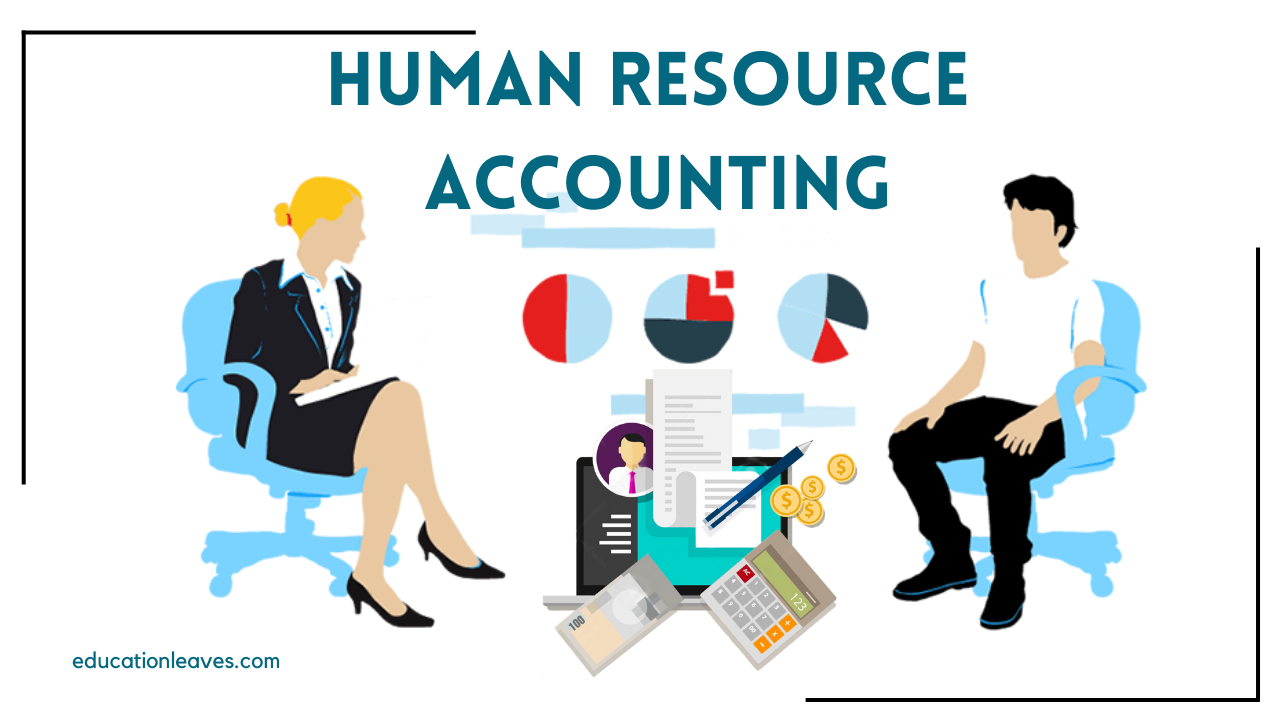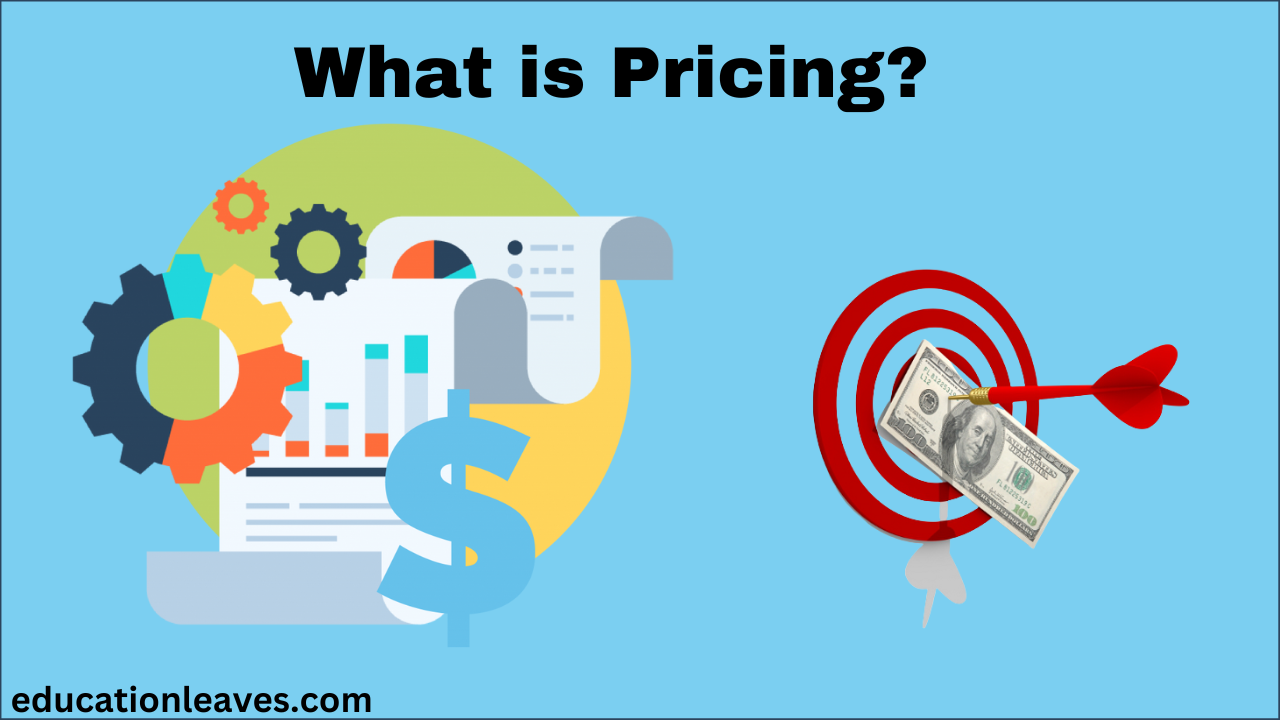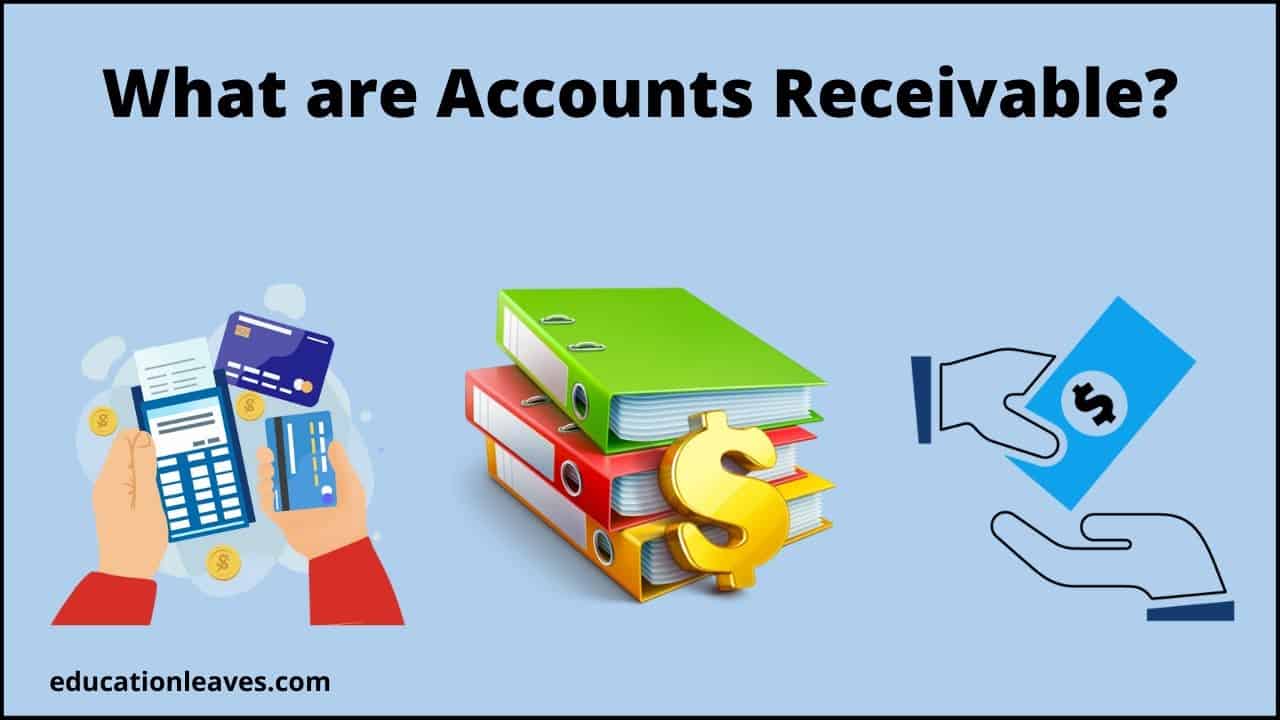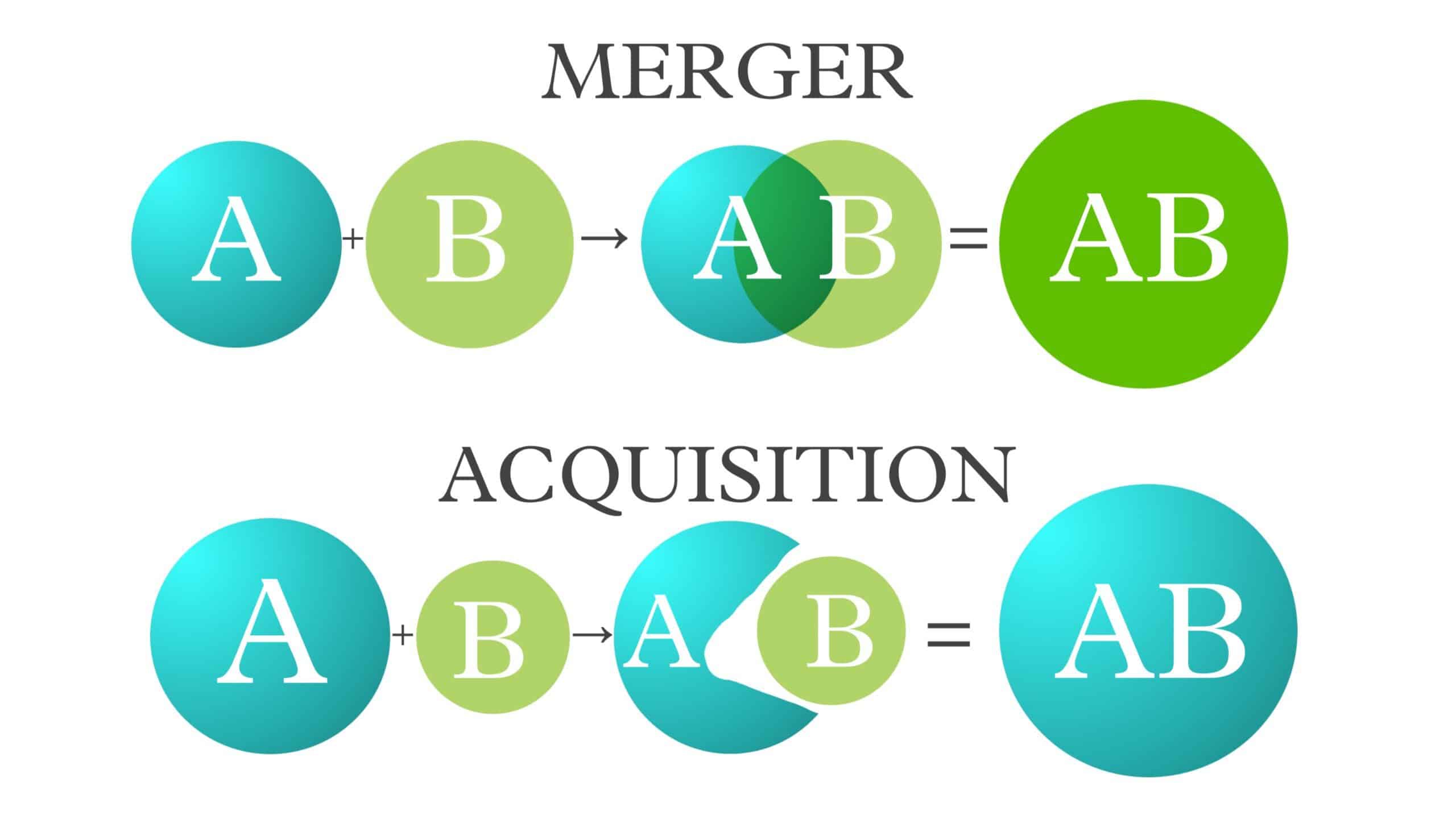Human Resource Accounting: [PDF Inside] Method, 3 Major Aspects, Example, Objectives, Functions, Benefits, And Negatives
Human resource accounting is a type of accounting that focuses on measuring the value of a company’s human resources, such as its employees, in financial terms. The basic idea behind human resource accounting is that a company’s workforce is a valuable asset, just like its physical assets, and should be accounted for in a similar manner.










